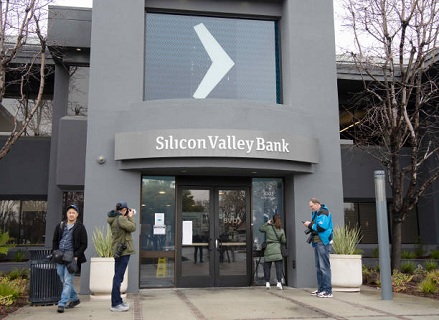First Citizens BancShares Inc. has agreed to buy Silicon Valley Bank, which was taken over by regulators after a run on the bank.
According to a statement from the Federal Deposit Insurance Corp., the Raleigh, North Carolina-based bank entered into a purchase and assumption agreement for all of SVB’s deposits and loans. The transaction includes the purchase of approximately $72 billion in SVB assets at a $16.5 billion discount.
The FDIC will keep approximately $90 billion in securities and other assets in receivership for disposition, while the Federal institution will also receive equity appreciation rights in First Citizens worth up to $500 million.
According to the statement, the Deposit Insurance Fund’s failure is estimated to cost around $20 billion, though the exact amount will be determined when the receivership is terminated.
The chief executive officer of First Citizens, Frank Holding Jr, said in a statement, “This has been a remarkable transaction in partnership with the FDIC that should instill confidence in the banking system.”
Silicon Valley Bank became the largest US lender to fail in more than a decade earlier this month, collapsing in less than 48 hours after outlining a capital-infusion plan.
The bank suffered a significant loss on the sale of its securities as interest rates rose, causing investors and depositors to withdraw their funds. On March 9, investors and depositors attempted to withdraw approximately $42 billion.
Regulators had been racing to find a buyer for all or a portion of the bank in order to cover the uninsured deposits of its startup customers, but an earlier auction failed to find a buyer.






